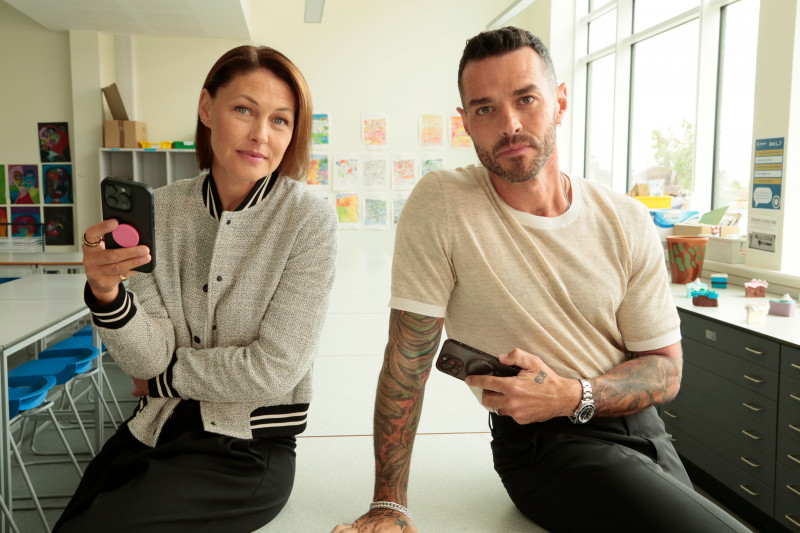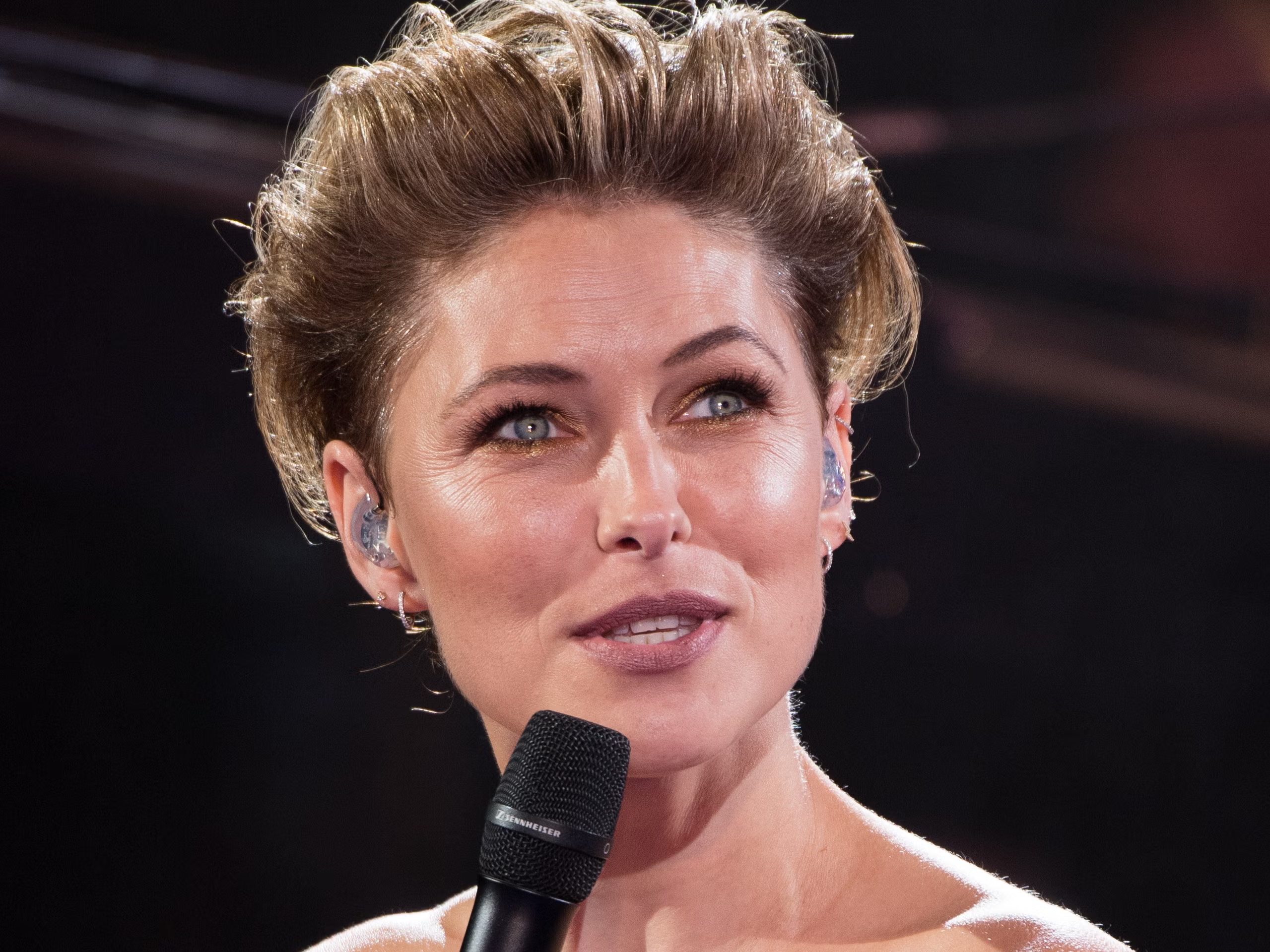Your support helps us to tell the story
Support NowThis election is still a dead heat, according to most polls. In a fight with such wafer-thin margins, we need reporters on the ground talking to the people Trump and Harris are courting. Your support allows us to keep sending journalists to the story.
The Independent is trusted by 27 million Americans from across the entire political spectrum every month. Unlike many other quality news outlets, we choose not to lock you out of our reporting and analysis with paywalls. But quality journalism must still be paid for.
Help us keep bring these critical stories to light. Your support makes all the difference.
Emma Willis has admitted she suffered with major withdrawal and anxious feelings after giving up her smartphone for 21 days.
The Love Is Blind UK host, 48, surrendered her mobile as part of an experiment for the forthcoming Channel 4 programme Swiped: The School That Banned Smartphones.
Willis traded in her smartphone in return for a brick phone, without apps or the internet, alongside her husband Matt and a group of Year 8 students at The Stanway School in Colchester, Essex.
Speaking on Good Morning Britain, Willis said: “I was very naive going into it, we handed our phones in, and we obviously needed some form of communication so we had a brick phone for three weeks.
She continued: “The first four days, genuinely, I had such major withdrawal and anxiety because I felt so out of control, because everything is on your phone.”
Willis explained how phones which contain access to social media and other addictive apps are “designed to keep you looking and scrolling up so much of your time”.
The Voice presenter added: “After I got over that period, it was liberating, and when we did finally get our phones back, I stayed off it.

“I kept my brick phone for another couple of days because I didn’t want to go back to how I had a relationship with it before.”
Willis added she “kept the things that I need for day to day, life and admin” on her smartphone, and has another device that she checks once a day for social media.
Back in May, MPs urged the Government to consider a statutory ban on mobile phones in schools and a total ban on phones for under-16s.
The House of Commons Education Committee said tougher guidance on mobile phones in schools and how to manage children’s screen time at home is needed to better protect young people.

It argued that screen time was harmful to children’s mental and physical health, and both schools and parents needed clear guidance from the government on the issue.
Earlier this year, the Department for Education issued guidance, which is non-statutory, instructing headteachers on how to ban the use of phones not only during lessons but also during break and lunch periods. But the committee said this does not go far enough.
In July, Prime Minister Keir Starmer said he thinks the Government needs to “look again” at what content children are able to access online but does not support “simply banning” phones for under 16s.
“I don’t think that’s a practical way forward,” he said.
Swiped: The School That Banned Smartphones will air on Channel 4 later this year.
Disclaimer: The copyright of this article belongs to the original author. Reposting this article is solely for the purpose of information dissemination and does not constitute any investment advice. If there is any infringement, please contact us immediately. We will make corrections or deletions as necessary. Thank you.



